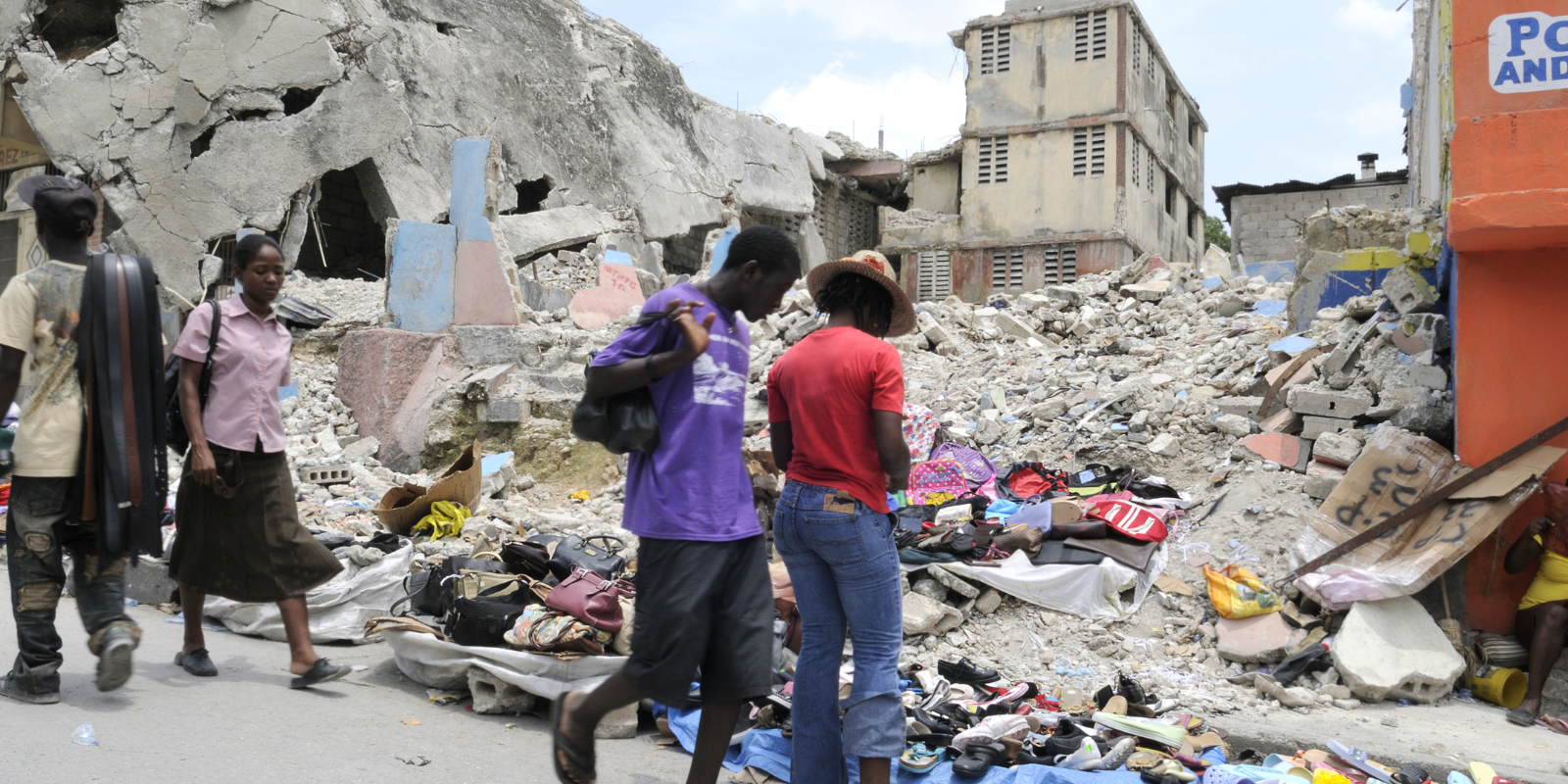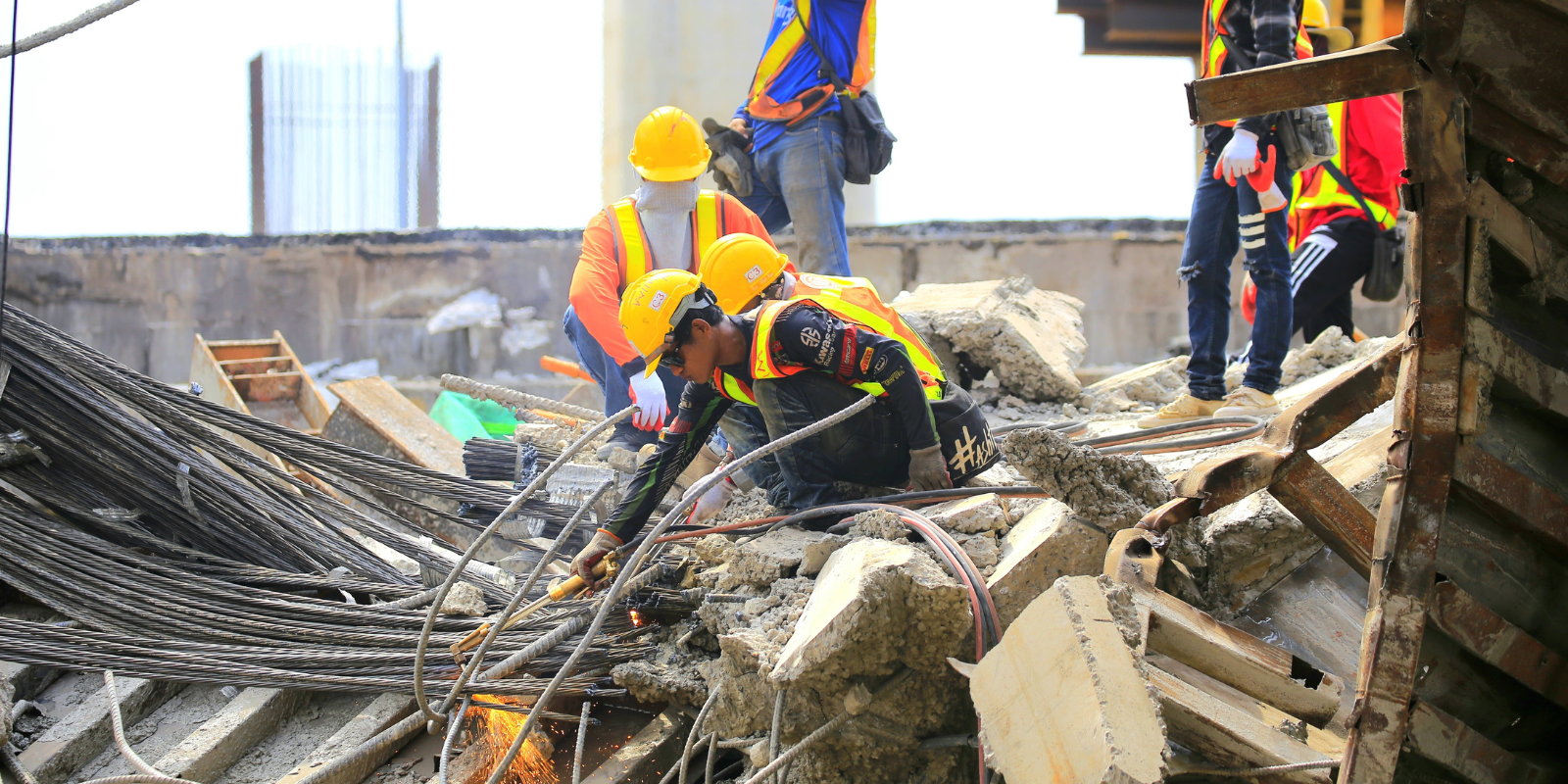What makes the suicide of a loved one different and more complex than other forms of grief?
Losing a loved one to suicide can be painful, complex and confusing. One may wonder what they missed about the person and often feel that they bear responsibility for the suicide. Unlike death from illness, suicide is typically unexpected and acute, resulting in survivors feeling unprepared and often traumatized. People often experience a sense of abandonment and/or anger.
There is no linear process for grief. Everyone has a different approach and process. When complex or traumatic factors are involved in your grief, such as death by suicide, it can make the process even more difficult. There is no right or wrong way to grieve, and there is no time frame for grief. Survivors should not expect that their lives will return to their prior state, but instead work towards adapting to life without their loved one.
What are some normal feelings to experience when someone you love takes their life?
Confusion, shock and emotional numbness can be typical reactions. It is common to experience physical symptoms such as muscle tension, fatigue, GI changes/upset, difficulty sleeping or chest tightness. You might also feel guilt and go through phases of bargaining, wondering what you could have done to help more or prevent this from happening. You may have many unanswered questions. When our brains cannot comprehend something, we tend to fill in the uncertainty with narratives, and that may turn into a negative thing if you’re internalizing these thoughts and feelings into shame or blame.
You may also feel waves of pain and depression, and it’s important to pay attention to these signs. Some people may have thoughts of suicide themselves or want to join the person they love. If you experience this, or if feelings of depression don’t lift after a few weeks or seem more profound, it’s important to seek professional help. Medication and therapy can help resolve unmanageable reactions. While you may cycle through the stages of grief just like anyone – shock, anger, sadness, bargaining and acceptance – it’s vital to pay attention to how your loss is affecting your physical and mental health. Traumatic grief makes the difference between grief and depression hard to differentiate.
Family and friends can feel very isolated when they lose someone to suicide because it is still stigmatized in certain parts of society. What's dangerous about that, and what can they do so that they don't feel so alone?
For those supporting survivors and society in general: We need to be able to talk about dying by suicide, just like we do with any other medical condition. Importantly, 90% of those who died by suicide showed some signs of mental illness. Suicide is a public health crisis. If we can talk openly about mental health and suicidal ideation and normalize help-seeking behaviors, we can reduce stigma and shame and encourage people’s confidence in not only asking for help, but also expressing concern for others in an empathetic way.
We don’t want to normalize having suicidal thoughts as a reaction to stress and difficult life circumstances, but we do want to work through our own discomfort and fear to normalize talking about suicidal ideation as a society. Talking about suicidality gives permission for those dealing with suicidal ideation to talk about how they’re doing and the help they need. It reduces isolation and anxiety in the person suffering and may act as a deterrent and thus can be a protective factor.
Finally, avoid using language such as “committed,” “completed” or “successful.” These words have negative connotations (e.g. committed a crime/committed to an institution, and successful implies a positive outcome). This language is outdated. We use “died by” suicide to be able to discuss someone’s death from a physical health perspective, as this normalizes mental health being integrated with physical health and takes away the implied judgement of fault. Mental health is a part of our physical health and general well-being.
Many times, support systems one normally has seem to fall away when it comes to suicide. Family, friends and colleagues don't know how to support the person going through the loss. Do you have advice for them?
Oftentimes others may not know what to say to someone who has lost a loved one to suicide. However, saying nothing increases feelings of isolation in the other person. Avoid phrases such as “they’re in a better place” or “at least their pain is over,” as this can take away from acknowledging the survivor’s pain and grieving process. The best thing you can do is be present. Be there to listen, manage your own discomfort based on what you’re hearing, and don’t feel like you need to have the answers. The more genuine you are, the more that person who is grieving will feel connected, which is what they need to heal and move forward. Consider the difference of sympathy versus empathy when having hard conversations.
If you are in a position of authority, ask your colleague what they need and work to accommodate workflow to help them return to their responsibilities at a pace they are comfortable with and that allows them to adjust to the healing process. Asking what they need, even if you cannot provide it, promotes connection and validation of their pain. Finally, offer practical help when possible. Bring them groceries, offer help with childcare, or take something else off their plate.
For suicide loss survivors: Losing someone to suicide can be painful but know that you are not alone. When we’re feeling down, hopeless or lost, we may want to isolate. What we actually need to do is the opposite. Even if it’s grabbing a cup of coffee or calling an old friend, it’s important to stay connected. Grief needs to be witnessed. Tell your story, as you’re ready, with people you trust and feel safe with. We heal and grieve through community and connection. Support groups for suicide loss survivors and for grief in general are very helpful in the healing journey. Consider getting involved with your local chapter of NAMI (National Alliance for Mental Illness) or AFSP (American Foundation of Suicide Prevention) for community events, resources and advocacy.
Post-traumatic stress disorder (PTSD) is something that can develop months after suffering a suicide loss. Talk a little about that, how it develops and why it's dangerous to leave it untreated.
The death of a loved one can often feel like a threat to a survivor’s health and well-being. When this is the case, post-traumatic stress symptoms are likely to arise. Memories surrounding your loved one’s death may be painful to deal with, to the point of having flashbacks, nightmares or avoiding certain places or experiences that remind you of your loved one or circumstances around their death. It can be normal the first few months after a traumatic loss to go through many waves of complex feelings. However, if you’re having trouble returning to normal life without ongoing disruption, talking to your doctor or a mental health professional can be helpful.
Research suggests that post-traumatic stress symptoms that persist for three days may mean someone is struggling with acute stress disorder, and ensuring you have appropriate support during this time is crucial. If you have these symptoms for more than two weeks, you should consult with a mental health professional. Any mental health issue left untreated can cause long-term dysfunction and have a greater negative impact on your life. Specifically, early intervention and increasing support following a traumatic event can help change the way we store our memories of the event, as well as move through the stages of grief and toward acceptance. If you’re not sure you’re experiencing symptoms due to grief or to depression, it will still be helpful to process your thoughts and feelings with a professional. If you weren’t sure if you broke your leg, you would get an X-ray. Think of a mental health assessment similarly.
Many people take their life on or around the holidays, making this time of the year particularly difficult for many. How can people make holidays, anniversaries, birthdays, etc., more bearable in the months and years that follow a suicide loss?
Losing someone to suicide can be difficult and traumatic as it is, but when this happens around special occasions, those who are suicide loss survivors may feel a sense of abandonment or find it hard to cope with this loss being associated with this time of year. Holidays, birthdays and grief anniversaries may be difficult and painful, triggering old feelings and grief, even if it is not an anniversary of their death. It’s important to remember that this is a normal part of grief.
Stay connected by planning something to look forward to or surrounding yourself with supportive friends and family. Do something that will bring you peace and honor the person’s life in a way that is meaningful to you. For example, if there was a recipe your loved one enjoyed making, consider making and sharing the recipe with others you care about in your present life to mark the loss and continue your loved one’s tradition.
Remembering what they brought into your life by sharing it with others can provide hope and healing. It’s also important to take time for yourself, take some things off your to-do list, and leave space for reflection and self-nurturing, not only this time of year but also when phases of grief resurface. Attuning and responding to your needs can go a long way when managing complex and difficult feelings. Finally, practice ongoing self-compassion and patience with yourself. Grief can be unpredictable, and different phases may hit you unexpectedly at different times.
What's important for those who have loved ones going through suicide loss to understand about this time of the year? What support can they provide?
Losing someone to suicide anytime of year comes with its own complex feelings. Losing someone around the holidays adds additional layers of associated painful memories during a time when you’d normally be with your loved one who is no longer here. Reach out to friends and family who may be struggling with a recent loss. Oftentimes, many social circles provide great support in the initial stages of grief. However, as time passes, suicide loss survivors may feel more isolated as others move on with their lives. Make it a point to check in as you can. Ask how they’re doing and ask if they want to talk about their loss. Let them know you’re there when they’re ready to talk & follow up by checking in on a future date. When they are ready to talk about it, encourage them to share stories and memories about their loved one’s life.
In my own personal experience, the more people I open up to about my loved one's death, the more people I find who are desperate to share experiences of their own. Why is it important to open up the conversation so that we, as a society, feel more comfortable confiding in each other?
It takes courage to be vulnerable and share your story. As you said, opening up to share a piece of your story can encourage others to be vulnerable too. That has a ripple effect and normalizes the need for human connection during difficult times. With crisis comes opportunity. The more we practice vulnerability, the more we can feel comfortable or confident in picking and choosing who to be vulnerable with. If you have the opposite experience and feel shame or feel worse after talking with someone, try to not internalize that. Work on finding others you can trust to talk with.
Is there anything you want to add?
Your grief represents what your loved one meant to you and the impact they had on your life. Find a way to honor and memorialize what you’ve lost while bringing new perspective into your life. David Kessler, author and death/grieving expert, says, “As you deal with acceptance, there is meaning. Their life mattered. Their death mattered. And meaning can be how we mark it. When you’re in a meaningful moment, take time to stop, notice it, and name it...and why it’s meaningful.” Carry their memory forward by adapting traditions you shared, honoring their life through naming the loss and what you miss about them, and practicing values that they brought into your life. Share their story so their memory lives on.
For more support or to get involved, consider joining American Foundation for Suicide Prevention’s Colorado Chapter.
If you or someone you know is thinking about suicide, is in distress or is experiencing a mental health crisis, dial 988, call Colorado Crisis Services at (844) 493-9255 or text “TALK” to 38255.





